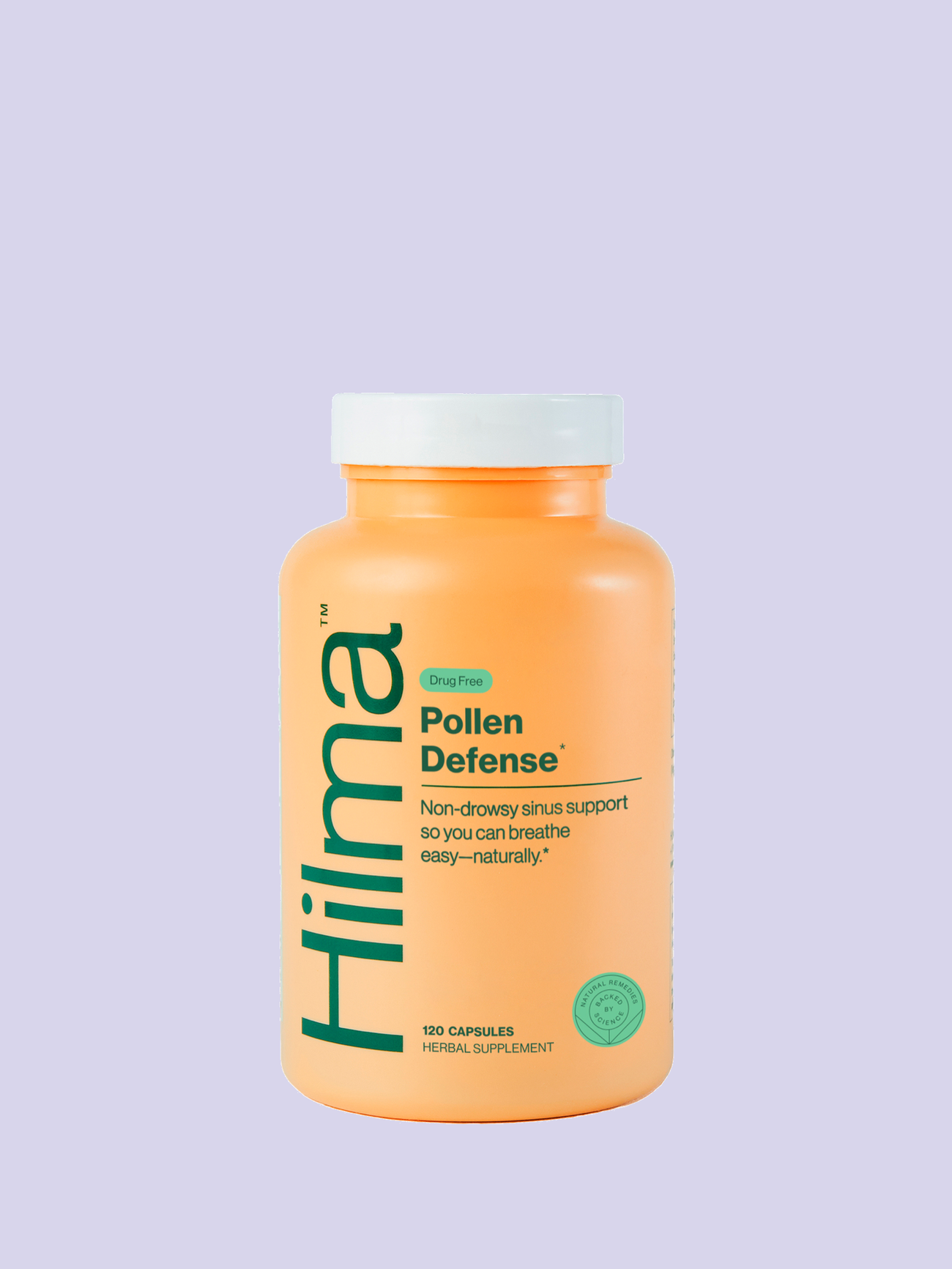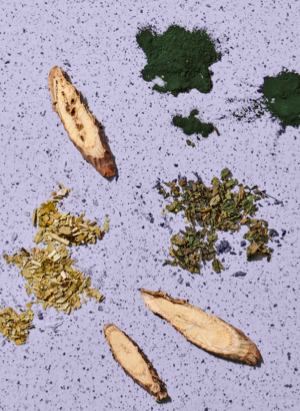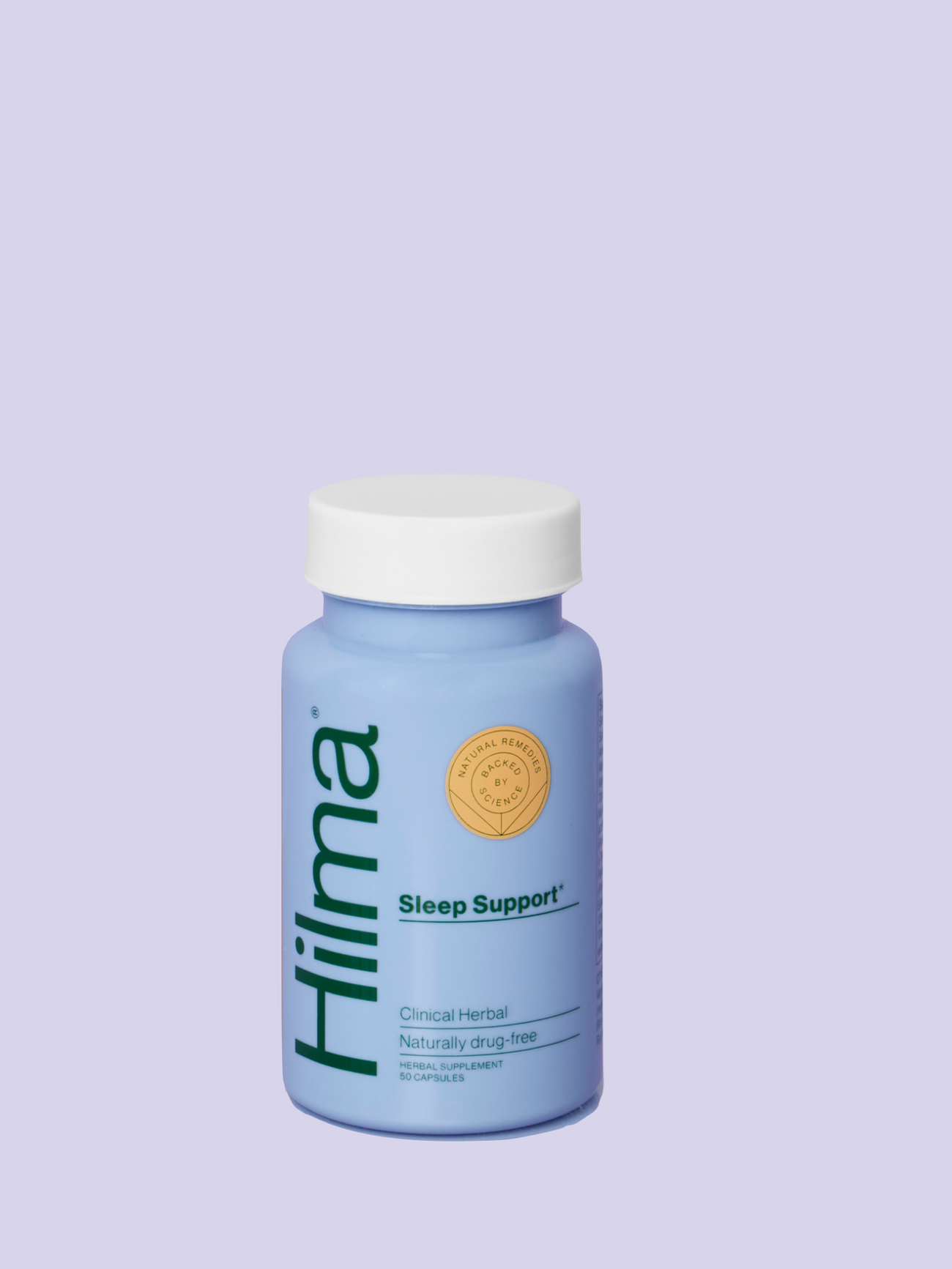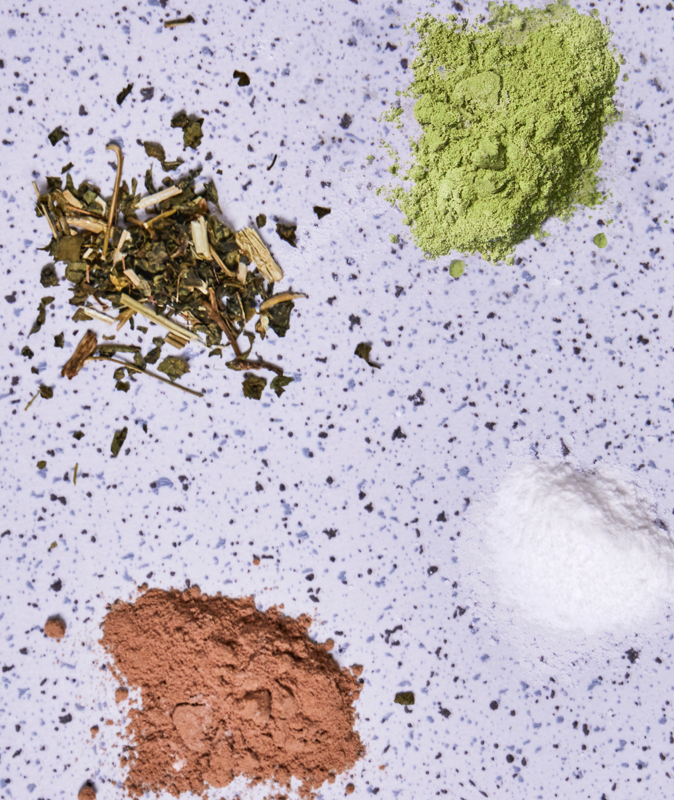
Allergy season can feel like an annual battle against invisible forces, leaving many with itchy eyes, congestion, and an overwhelming need to sneeze at the worst possible moments. While over-the-counter antihistamines might seem like the easiest fix, they often come with unwanted drowsiness and side effects that make us feel sluggish. Thankfully, there are holistic ways to support your body during allergy season that not only address symptoms but also strengthen your immune system and overall resilience. Let’s dive into how you can take an integrative approach to managing allergies naturally.
1. Understand Histamine and Allergies
Histamine plays a crucial role in allergic reactions. It’s a compound your immune system releases when it detects an allergen, leading to the familiar symptoms of sneezing, congestion, and inflammation. While histamine is necessary for immune function and digestion, excess histamine can cause a host of issues, especially in those who have histamine intolerance or struggle with seasonal allergies.
To mitigate histamine overload, consider avoiding histamine-rich foods like fermented foods, aged cheeses, and alcohol during peak allergy season. Instead, prioritize anti-inflammatory, histamine-lowering foods and supplements that help regulate immune responses.
2. Try Herbs
Nature provides us with an array of herbs that act as natural antihistamines, immune modulators, and inflammation fighters. Some of the best herbs for allergy season include:
-
Nettle (Urtica dioica): A powerhouse herb that naturally blocks histamine release and reduces inflammation. Nettle tea or supplements can be a game-changer during allergy season.
-
Butterbur (PA-free): This herb has been shown to be as effective as some antihistamines but without the drowsy side effects. It works by inhibiting leukotrienes, which contribute to allergic reactions.
-
Quercetin: Found in foods like onions, apples, and capers, quercetin is a natural bioflavonoid that stabilizes mast cells and prevents the release of histamine.
-
Tinospora Cordifolia: Used in Ayurvedic medicine, this adaptogenic herb helps balance immune function and has been shown to improve allergy symptoms.
-
Spirulina: A blue-green algae rich in antioxidants, spirulina has been studied for its ability to reduce histamine levels and improve nasal congestion.
3. Optimize Your Home Environment
Your home should be a refuge from allergens, but it can easily become a trap for pollen, dust, and mold. Small changes can make a big difference in minimizing allergen exposure:
-
Invest in an Air Purifier: A high-quality HEPA air purifier can significantly reduce airborne allergens like pollen, pet dander, and mold spores.
-
Use Non-Toxic Cleaning Products: Harsh chemicals in conventional cleaning supplies can aggravate allergies. Opt for fragrance-free, non-toxic alternatives made with natural ingredients.
-
Declutter and Dust Regularly: Pollen and dust mites accumulate on surfaces, so keep your home tidy and wipe down surfaces often.
-
Wash Bedding Weekly: Pollen can linger on your hair and clothes, transferring onto your pillowcases and sheets. Washing bedding in hot water weekly reduces exposure.
-
Keep Windows Closed on High Pollen Days: Check pollen counts and keep windows shut when they’re at their peak to prevent allergens from entering your home.
4. Try Essential Oils for Allergy Relief
Essential oils can provide relief from congestion and inflammation while also supporting immune function. Some of the best essential oils for allergies include:
-
Peppermint: Acts as a natural decongestant and soothes inflamed airways.
-
Eucalyptus: Helps clear nasal passages and has antimicrobial properties.
-
Lavender: A natural antihistamine that reduces inflammation and promotes relaxation.
-
Tea Tree Oil: Helps fight airborne allergens like mold and dust mites.
-
Lemon: Supports detoxification and helps cleanse the air when diffused.
Using essential oils in a diffuser or adding a few drops to a bowl of steaming water for inhalation can help clear congestion and ease breathing.
5. Try Raw Honey
Local raw honey is a well-loved natural remedy for allergies. The theory is that consuming small amounts of local pollen through honey can help desensitize your immune system, similar to how allergy immunotherapy works. While research is still mixed on its effectiveness, many people swear by adding a teaspoon of raw, unfiltered honey to their daily routine during allergy season. At the very least, it’s a delicious and antioxidant-rich addition to your wellness arsenal.
6. Try Supplements
Strategic supplementation can help bolster your body’s defenses against allergens. Some of the best supplements for allergy relief include:
-
Quercetin: As mentioned earlier, quercetin helps stabilize mast cells and reduce histamine release.
-
Vitamin C: A natural antihistamine that also supports immune health.
-
Bromelain: Found in pineapple, bromelain helps reduce nasal swelling and improves sinus drainage.
-
Probiotics: Gut health plays a crucial role in immune regulation. A well-balanced gut microbiome can help mitigate overactive immune responses to allergens.
-
Magnesium: A bronchodilator that can help ease respiratory symptoms and reduce inflammation.
The Allergy-Gut Health Connection
Your gut health and immune system are deeply intertwined. Since nearly 70% of the immune system resides in the gut, maintaining a balanced gut microbiome is essential for preventing and managing allergies.
Imbalances in gut bacteria—often caused by poor diet, antibiotic use, and chronic stress—can lead to immune dysregulation, making the body more prone to overreacting to harmless allergens.
-
Leaky Gut Syndrome: When the intestinal lining becomes permeable, undigested food particles and toxins can enter the bloodstream, triggering an immune response that may exacerbate allergies.
-
Dysbiosis: An imbalance of good and bad bacteria in the gut can contribute to inflammation and histamine intolerance, worsening allergy symptoms.
Supporting Gut Health for Allergy Prevention
To strengthen your gut and reduce allergy symptoms, consider these strategies:
-
Reduce Processed Foods and Sugar: Excess sugar fuels harmful bacteria and weakens the immune system.
-
Take a Quality Probiotic: A multi-strain probiotic can help restore gut flora balance and improve immune tolerance. Ideally, look for histamine-free strains like bifido and Akkermansia.
-
Increase Fiber Intake: Fiber supports a diverse gut microbiome, which is essential for regulating immune responses.
-
Eat Blood Sugar-Balanced, Colorful Meals: Prioritizing whole foods rich in antioxidants, fiber, and protein helps stabilize blood sugar, reduce inflammation, and support overall immune health. Aim for a variety of colorful vegetables, healthy fats, and quality protein sources in every meal to nourish both gut and immune function.
By nurturing your gut, you create a strong foundation for overall immune health, reducing the likelihood of severe allergic reactions and histamine intolerance.
Hilma’s Pollen Defense: A Natural, Non-Drowsy Formula
If you’re looking for a convenient, effective, and natural supplement to support you through allergy season, Hilma’s Pollen Defense is a standout option. This non-drowsy formula is carefully crafted with clinically-backed ingredients that work together to combat seasonal allergy symptoms.
Embracing a Holistic Approach to Allergy Relief
Allergies don’t have to dictate your life every season. By supporting your body with the right herbs, supplements, and lifestyle changes, you can strengthen your resilience and minimize symptoms naturally. Taking a holistic approach to allergies isn’t just about symptom management—it’s about building a strong foundation for long-term health and immune balance.




